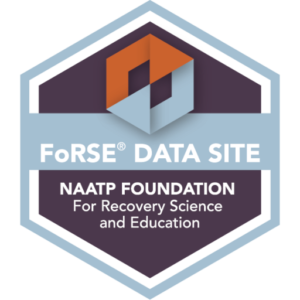Overcoming Alcoholism: How an Addiction Treatment Program Can Help
Alcoholism is a very complex condition that is frequently misinterpreted, impacting millions of people and their families across the globe. Marked by an overwhelming desire to drink alcohol regardless of the negative outcomes, alcoholism can result in severe physical, emotional, and societal issues. However, it’s important to remember that recovery is possible. Through comprehensive addiction […]
Overcoming Alcoholism: How an Addiction Treatment Program Can Help Read More »






